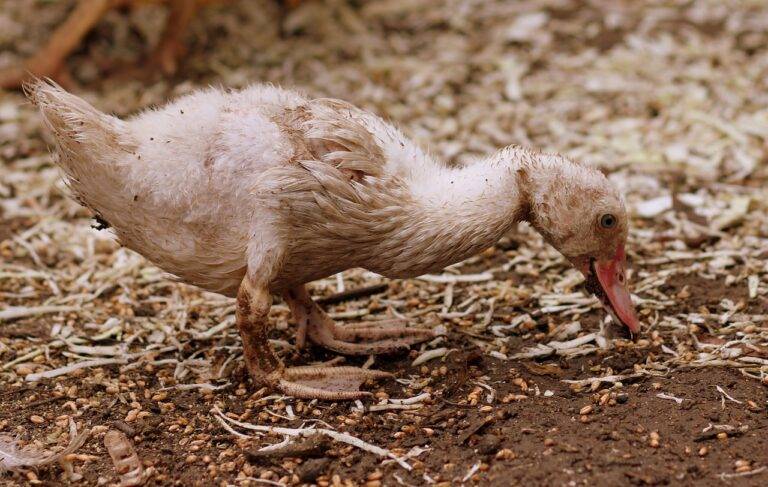Investigating the Health Effects of Food Antibiotics: Skyexch win, World777 com id, Goldbet7 com
skyexch win, world777 com id, goldbet7 com: Investigating the Health Effects of Food Antibiotics
Antibiotics are a common tool used in agriculture to promote animal growth, prevent disease, and increase food production. However, the use of antibiotics in food production has raised concerns about the potential health effects on consumers.
In recent years, there has been growing research on the health effects of food antibiotics. Studies have shown that consuming antibiotic-treated meat and dairy products may lead to antibiotic resistance in bacteria in the human body, potentially reducing the effectiveness of antibiotics when treating infections.
Additionally, some studies have suggested that the presence of antibiotics in food products may disrupt the balance of beneficial bacteria in the gut, leading to digestive issues and other health problems.
As consumers become more aware of these potential health risks, there has been increased pressure on food producers and regulators to limit the use of antibiotics in food production. Many countries have implemented regulations to restrict the use of antibiotics in agriculture, and some food companies have committed to sourcing antibiotic-free meat and dairy products.
Despite these efforts, the use of antibiotics in food production remains a contentious issue. Proponents argue that antibiotics are necessary to ensure the health and welfare of animals and to meet the growing demand for food worldwide. Critics, on the other hand, argue that the risks to human health outweigh the benefits of using antibiotics in food production.
As more research is conducted on the health effects of food antibiotics, it is important for consumers to stay informed and make educated choices about the food they eat. By choosing antibiotic-free products whenever possible and supporting companies that prioritize animal welfare and sustainable farming practices, consumers can help promote a healthier food system for themselves and the planet.
Heading 1: The Role of Antibiotics in Food Production
Heading 2: Health Risks of Antibiotics in Food
Heading 3: Antibiotic Resistance
Heading 4: Disruption of Gut Microbiota
Heading 5: Regulatory Efforts to Limit Antibiotics in Food
Heading 6: Consumer Choices and the Future of Food Antibiotics
As research on the health effects of food antibiotics continues to evolve, it is important to address some common questions and concerns that consumers may have about this topic.
FAQs:
Q: Are antibiotics used in all food production?
A: Antibiotics are commonly used in animal agriculture, particularly in the production of meat and dairy products. However, some food producers choose to raise animals without antibiotics to meet consumer demand for antibiotic-free products.
Q: How can I avoid consuming antibiotics in my food?
A: To reduce your exposure to antibiotics in food, choose organic or antibiotic-free meat and dairy products whenever possible. You can also support companies that prioritize sustainable farming practices and animal welfare.
Q: What are the long-term health effects of consuming antibiotics in food?
A: Research on the long-term health effects of food antibiotics is ongoing, but studies suggest that consuming antibiotics in food may contribute to antibiotic resistance and gut microbiota disruptions, which can impact overall health.
Q: Are there alternatives to antibiotics in food production?
A: Yes, there are alternative methods of disease prevention and animal health management in agriculture, such as probiotics, vaccines, and improved hygiene practices. These methods can help reduce the need for antibiotics in food production.
By staying informed and making conscious choices about the food we consume, we can contribute to a healthier and more sustainable food system for ourselves and future generations. Let’s continue to support efforts to reduce the use of antibiotics in food production and prioritize the health and well-being of both animals and humans.







